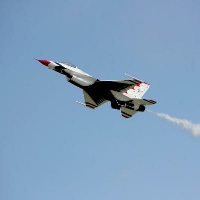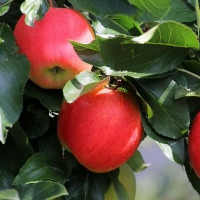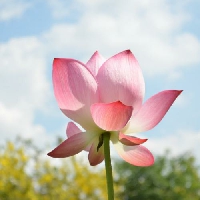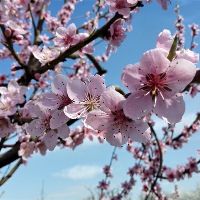The lowest score of 558 points in Hubei College Entrance Examination in 2022: the lowest score of South China Agricultural University is 558 points; Wuhan University of Science and Technology has a minimum score of 558; Henan University of Science and Technology has a minimum score of 558; Qingdao University has a minimum score of 558; Hubei University has a minimum score of 558; Three Gorges University has a minimum score of 558.
Which universities can apply for 558 points in 2022 Hubei College Entrance Examination Note: Due to different application batches, the minimum admission score is also different. The following table is only part of the content. If you want to know all of it, please download the volunteer APP of the college entrance examination website to view the details.
| Name of institution | subject | batch | Lowest score | Position |
| South China Agricultural University | Physics | Undergraduate approval | five hundred and fifty-eight | thirty-six thousand six hundred and three |
| Wuhan University of Science and Technology | Physics | Undergraduate approval | five hundred and fifty-eight | thirty-six thousand six hundred and three |
| Henan University of Science and Technology | history | Undergraduate approval | five hundred and fifty-eight | thirteen thousand six hundred and fifty-two |
| Qingdao University | Physics | Undergraduate approval | five hundred and fifty-eight | thirty-six thousand six hundred and three |
| Hubei University | Physics | Undergraduate approval | five hundred and fifty-eight | thirty-six thousand six hundred and three |
| Three Gorges University | history | Undergraduate approval | five hundred and fifty-eight | thirteen thousand six hundred and fifty-two |
| qinghai university | Physics | Undergraduate approval | five hundred and fifty-eight | thirty-six thousand six hundred and three |
| Southwest University for Nationalities | Physics | Undergraduate approval | five hundred and fifty-eight | thirty-six thousand six hundred and three |
| Wuhan Polytechnic University | history | Undergraduate approval | five hundred and fifty-eight | thirteen thousand six hundred and fifty-two |
| Wuhan Textile University | history | Undergraduate approval | five hundred and fifty-eight | thirteen thousand six hundred and fifty-two |
| Jiangxi University of Traditional Chinese Medicine | history | Undergraduate approval | five hundred and fifty-eight | thirteen thousand six hundred and fifty-two |
How to select a city for volunteer application Beijing and Shanghai have priority, and then the capital cities of all regions and provinces need to be considered. Where to go to university is very important. There is no doubt that Beijing and Shanghai should be the first choice, followed by Hangzhou, Nanjing, Guangzhou, Tianjin and other eastern regions. Of course, there are two special places, Chongqing and Shenzhen. The economic development is also very good.











